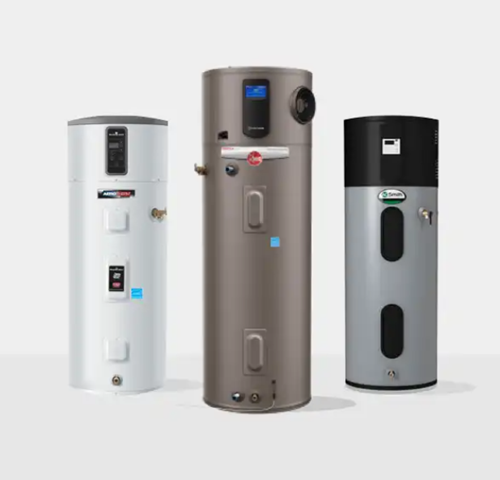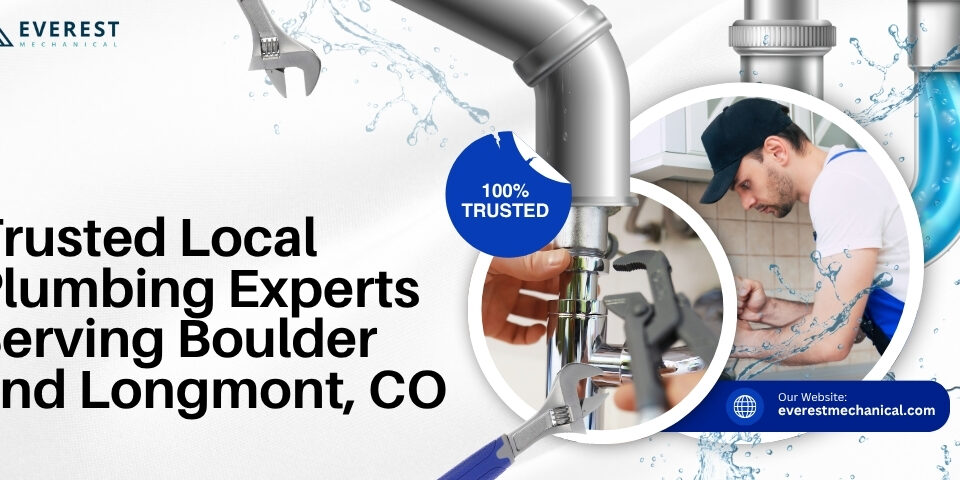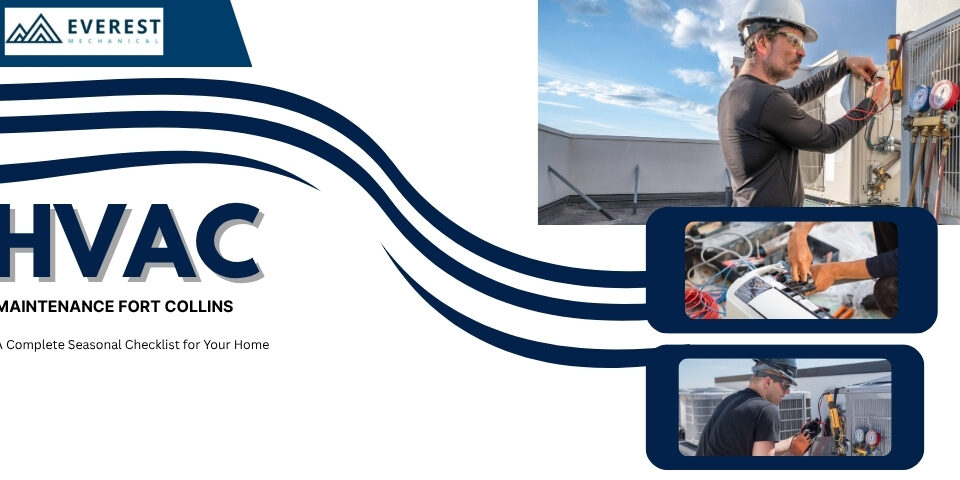- Servicing areas in and around: Estes Park, Longmont, Boulder, Arvada, Fort Collins, Denver, Loveland, and Lyons
- 8883880970
Which type of water heater is best for my home?

Tips and Tricks for Saving Energy Bills in Winter
January 18, 2024
A comprehensive guide on winterization of the plumbing system
January 31, 2024Planning to replace your old water heater with a new one, then learn about different types of water heaters along with their advantages and disadvantages.
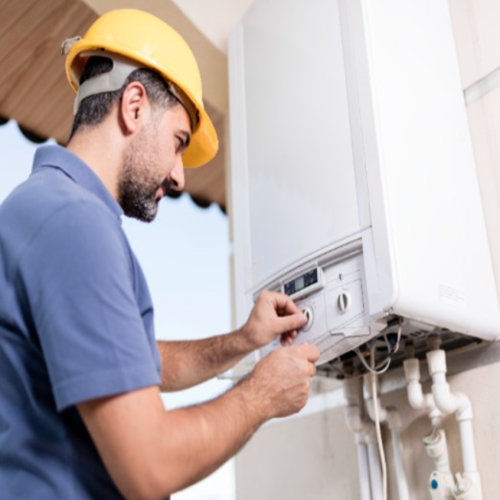
Hot water is one of the most essential things you will need during winter in your home, needless to say for a number of requirements. It not only means comfort and convenience but safety as well. If you find your home’s water heater breaking down frequently and repair costs are getting higher than usual, then consider replacing it with new water heaters employing modern technology.
The water heater repair services company will help you with different types of water heaters available in the market and the ones that will be perfect for your home and requirements. However, in this detailed guide, we will explore types of water heaters, their advantages and disadvantages, and help you choose the best.
Different types of water Heater with their advantages and disadvantages
- Storage Tank Water Heaters
- Tankless Water Heaters
- Heat Pump Water Heaters
- Solar Water Heaters
- Condensing Water Heaters
- Point-of-use water heaters
Let’s learn in detail
- Storage Tank Water Heaters
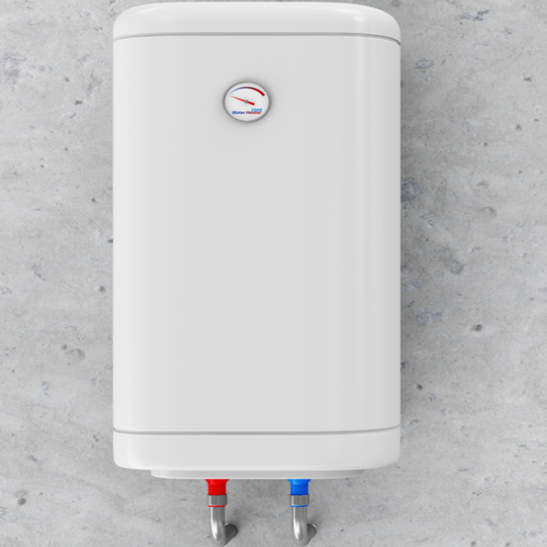
These are the most common types of water heaters that can be found in every Arvada home and they come in two varieties: electric and gas. These types of water heaters work by heating a large tank of water, usually 30-50 gallons capacity, and storing it until they are utilized.
Advantages:
- They are very affordable compared to other types of water heaters. Since they are the most widely used water heater type, they are readily and easily available everywhere.
- These types of water heaters provide consistent and readily available hot water whenever needed
- These are simple to install and maintain. Any water heater repair service company can do the basic maintenance and repair needed.
Disadvantages:
- Since these water heaters constantly heat water, even when there is no demand for hot water, they consume comparatively more energy leading to higher energy bills
- As they have fixed capacity, the amount of hot water extracted is limited which might not be sufficient for large households and they will have to wait again for the next lot of heating
- Despite effective insulation, the hot water inside the tank loses heat over time which amounts to energy wastage.
- Tankless Water Heaters

They are often referred to as on-demand water heaters as they heat water only when it’s needed. Unlike storage tank water heaters, they do not have any tank to store heated water, instead, they heat the water either with the help of an electric current or a gas burner to heat the water as it flows through them.
Advantages:
- They have higher energy efficiency as they heat water when needed thus reducing energy consumption and energy bills
- Since they heat water on demand, they provide a continuous supply of hot water eliminating the headache of running out.
- They are compact in size thus are ideal for smaller spaces
Disadvantages:
- They have higher upfront cost than storage tank heaters
- They may not be able to deliver hot water at the same rate as a storage tank heater, especially for multiple simultaneous demands.
- Installation may require modifications to your plumbing system and gas lines, depending on the chosen model.
- Heat pump water heaters

They use electricity to extract heat from the surrounding air and transfer it to the water in the tank. This technology offers a highly energy-efficient way to heat water, especially in warmer climates.
Advantages:
- Heat pump water heaters can significantly reduce energy consumption and utility bills compared to traditional electric or gas heaters.
- They are environmentally friendly as they use less energy and produce fewer greenhouse gas emissions, making them a more sustainable option.
Disadvantages:
- They have more upfront cost than traditional water heaters
- Their efficiency can decrease in colder climates where there is less heat to extract from the air.
- They may take longer to heat water compared to traditional heaters.
- Solar Water Heaters

Solar water heaters use solar panels to capture the sun’s energy and heat water in a storage tank. This renewable energy source can significantly reduce your reliance on traditional energy sources and your utility bills.
Advantages:
- Since they rely on solar energy, they make up for a cleaner and more sustainable option
- They have low operating cost because once installed, there is minimal operating cost needed to run the water heater.
Disadvantages:
- They are costliest type of water heaters in the market
- Their effectiveness depends on the availability of sunlight. So, it is less suitable for regions receiving lesser sunlight
- A backup heating system is typically needed for times when solar energy is insufficient.
- Condensing water heaters
These types of water heaters are a type of tankless water heater that extracts additional heat from the combustion gases. These units are more energy-efficient than traditional tankless water heaters because they capture and utilize heat that would otherwise be wasted.
Advantages:
- Higher efficiency and lower operating costs.
- Reduced environmental impact due to increased energy efficiency.
- Suitable for both residential and commercial applications.
- Point-of-Use Water Heaters

Point-of-use water heaters are small, compact units designed to provide hot water directly at the source, such as a kitchen sink or bathroom. These are often used in situations where it is not practical to run hot water from a central water heater.
Advantages:
- Eliminates the need for long hot water pipes, reducing energy loss.
- Quick and convenient access to hot water at specific locations.
- Ideal for small spaces or as a supplement to a central water heating system.
CHOOSING THE RIGHT WATER HEATER
The best type of water heater for your home depends on several factors, including:
- Budget: Consider the upfront cost of the heater as well as the long-term operating costs.
- Hot water needs: Think about how much hot water your household typically uses and choose a heater with a capacity that can meet your demand.
- Climate: The efficiency of some heaters, such as heat pumps, can be affected by the climate in your area.
- Fuel availability and cost: Consider the availability and cost of the fuel source (electricity, gas, propane) in your area.
- Space constraints: If you have limited space, a tankless heater may be a better option than a storage tank heater.
- Environmental concerns: If you are looking for a more sustainable option, consider a solar water heater or a heat pump water heater.
It is recommended that you consult with local HVAC company and gain in-depth knowledge about these various water heaters, their installation and maintenance cost, and their reliability.
Everest Mechanical is a reliable and trusted plumbing and HVAC service company providing services in various parts of Colorado including Denver, Fort Collins, Arvada, Longmont, Boulder, and nearby regions. Whether you are looking for a water heater repair, installing a new one, or just exploring options, we are here to help you. Contact us now.


